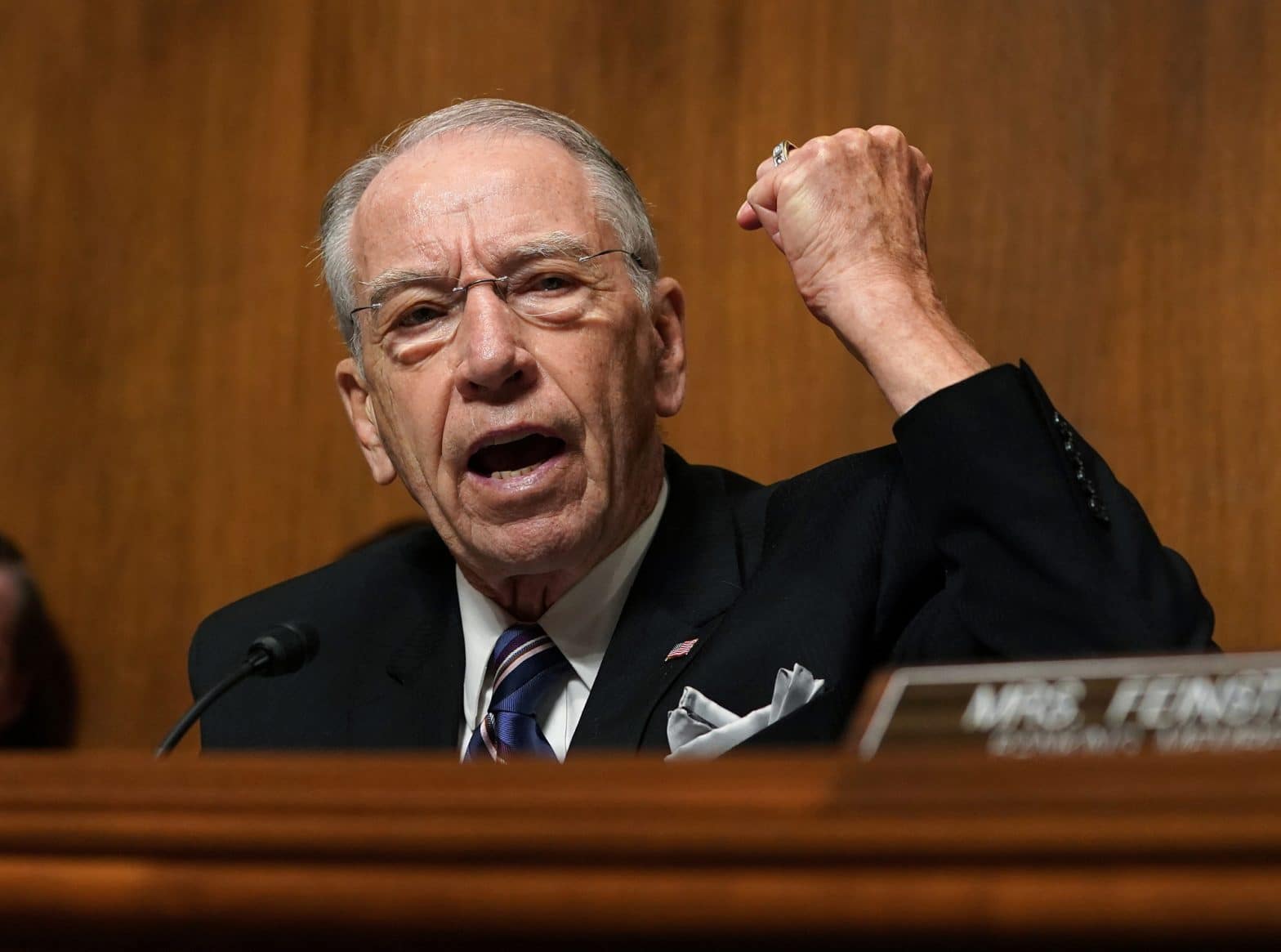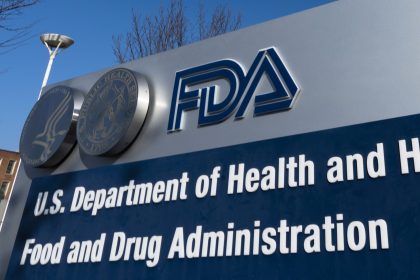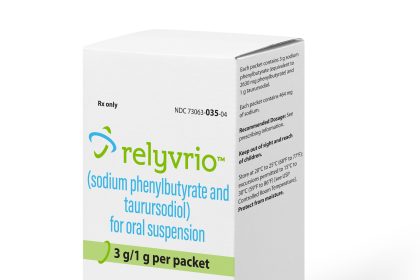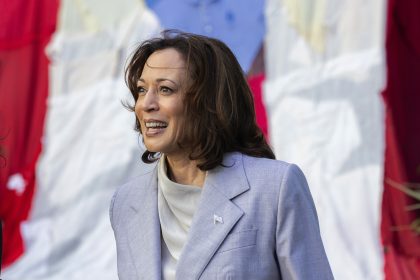Grassley Anticipates Bipartisan Push to Lower Prescription Drug Prices

WASHINGTON – Senate Finance Chairman Chuck Grassley, R- Iowa, is expected to mount a full-court, bipartisan press to see that legislation lowering prescription drug prices is passed before the end of the year.
Chairman Grassley recently met with Senate Health Committee Chairman Lamar Alexander, Ranking Member Ron Wyden, D-Ore., of the Finance Committee, and Ranking Member Patty Murray, D-Wash., of the Health Committee to discuss their health care pricing bills and the path forward when Congress returns in September.
“They agreed to work together, as well as with their House counterparts, to get a bill passed this fall,” said Michael Zona, a spokesman for Grassley.
Zona hastened to add that the senator has been working with colleagues “on both sides of the aisle in both chambers of Congress” on prescription drug pricing legislation since the beginning of the year.
Democrats and Republicans alike have been talking about lowering the cost of prescription drugs for years, but disagreements over how to proceed have slowed the pace of meaningful legislation making its way through Congress.
But through a strange confluence of events — including having President Donald Trump in the White House — a bipartisan deal on the issue may never have been closer to reality.
In July, Sens. Grassley and Wyden unveiled a bipartisan prescription drug bill that will limit the out-of-pocket costs for seniors in Medicare’s Part D prescription drug program to $3,100 a year.
The bill would force drug companies to pay Medicare if they raise drug prices faster than the rate of inflation.
Grassley then managed to get it passed out of committee, despite the fact that 9 of the Senate Finance Committee’s 15 Republicans voted against the bill. Most of the dissenting Republicans later said they oppose the bill on free market grounds.
As far as they’re concerned, the bill is nothing more than a bald-faced attempt to place price controls on the pharmaceutical industry.
Grassley and Wyden prevailed because every Democrat on the panel voted for it, and that was just fine by the committee chairman.
“If you’re just looking at doing something in Washington by having every Republican on your side, you wouldn’t get much done,” Grassley told NPR shortly before the August recess.
“It takes a lot of bipartisanship in Congress to get things done,” he said.
Grassley also believes that eventually some or all of the 22 Republican senators up for reelection next year will come around and support his bill.
“Every one of them were asking me to do something on the high cost of prescription drugs because it’s a big issue in their campaign,” the Senator said in the same NPR interview.
He also believes he’s got an ally in the White House.
“The president wants this very bad,” Grassley said.
As Zona indicated, Grassley and other Republican chairmen are strategizing with top Democrats about how to take the half-dozen or so prescription drug price lowering bills on Capitol Hill and assemble their best parts into a package that might just garner widespread support.
In the meantime, Grassley has reportedly been warning his fellow Republicans that if they kill a compromise bill to rein in prescription drug costs, they’ll likely see Trump embrace whatever House Democrats come up with — likely a plan that would allow Medicare administrators to directly negotiate drug prices with manufacturers.
Trump has voiced support for such an idea in the past, ignoring Republican complaints that it would be an ineffective government intrusion in the market.
“I assume that if the Republicans can’t accept this moderate position … then something’s going to get done with the president throwing in with (Nancy) Pelosi,” Grassley told the Des Moines Register.
House Speaker Pelosi, of course, has not publicly disclosed her plan for lowering prescription drug prices, but she is expected to before the end of September.
What she has done is put forward a general outline of a plan during caucus meetings throughout the winter and spring.
According to both Politico and Vox, every version of the Speaker’s draft bill to date would enable Health and Human Services Secretary Alex Azar to negotiate on prescription drugs covered by Medicare.
A final price would be decided by the Government Accountability Office if no agreement could initially be reached. As a reference point for price-setting, GAO would use the median pricing for a particular drug in other countries.
Finally, if a company does not comply with the negotiations for a particular drug, it would be penalized with an excise tax of 50 percent of its sales on the drug from the previous year.
Under current law, the HHS Secretary is barred from directly negotiating the prices of prescription drugs covered by Medicare, an arrangement established in 2003 as part of the Medicare Modernization Act that set up Medicare’s prescription drug benefit.
Meanwhile, private plans that offer Medicare Part D benefits negotiate drug costs independently.
Proponents of changing this system argue that the federal government could have significantly more leverage if it was directly involved in pricing discussions. They also have an example of this working close at hand — the Department of Veterans Affairs, which negotiates prescription drug prices directly, pays far less for its medicines than the rest of the market.
Trump has repeatedly signaled his interest in changing the 2003 law as well, and like Grassley, Pelosi reportedly sees the president’s position as making a bipartisan agreement on a passable piece of legislation more likely.

























